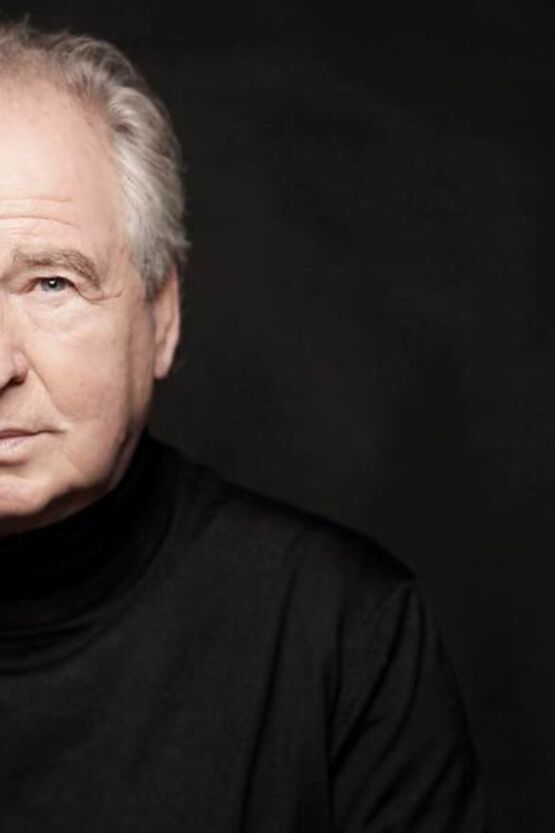Solist
Friedrich von Thun
Friedrich Ernst Peter Paul Maria Graf von Thun und Hohenstein, born in Kvasice, Moravia, studied German Language and Literature and Theatre Studies and took private acting lessons. He gained his first theatrical experience in student cabaret and worked later as an assistant director with Bayerischer Rundfunk. In 1962, he auditioned for Axel von Ambesser, who gave him his first minor film roles and helped him to obtain an engagement with the Münchner Kammerspiele from 1963–1967.
Working subsequently as a freelance actor, Friedrich von Thun has been involved to date in central roles in more than 100 television productions and feature films, including »Lieselotte von der Pfalz« (1966), »Wenn Ludwig ins Manöver zieht« (1967), »MitGift« (1975), »Sonntagskinder« (1979), »Ringstraßenpalais« (1981), »Ginger und Fred« (1985), »Das Erbe der Guldenburgs« (1988/1989), »Dr. Schwarz und Dr. Martin« (1993–1995), »Der Bulle von Tölz« (1995–1998), »Die Verbrechen des Professor Capellari« (1997–2004), »Liebe und weitere Katastrophen« (1997/1998), »Schindlers Liste« (1993), »Die Apothekerin« (1997), »Hitler – Der Aufstieg des Bösen« (2003), »Tod eines Keilers« (2005), »Heute heiratet mein Mann« (2006), »Entführt!« (2009), »Gier« (2011) and »Benjamin Blümchen« (2017). He has made a series of documentary films for the Austrian broadcaster ORF, and also works as a dubbing artist.
His many prizes and awards include the »Grand Prix« of the Monte-Carlo Film Festival in 1986, the »Bambi« in 1999 and the »Bavarian Television Prize« in 2007.

